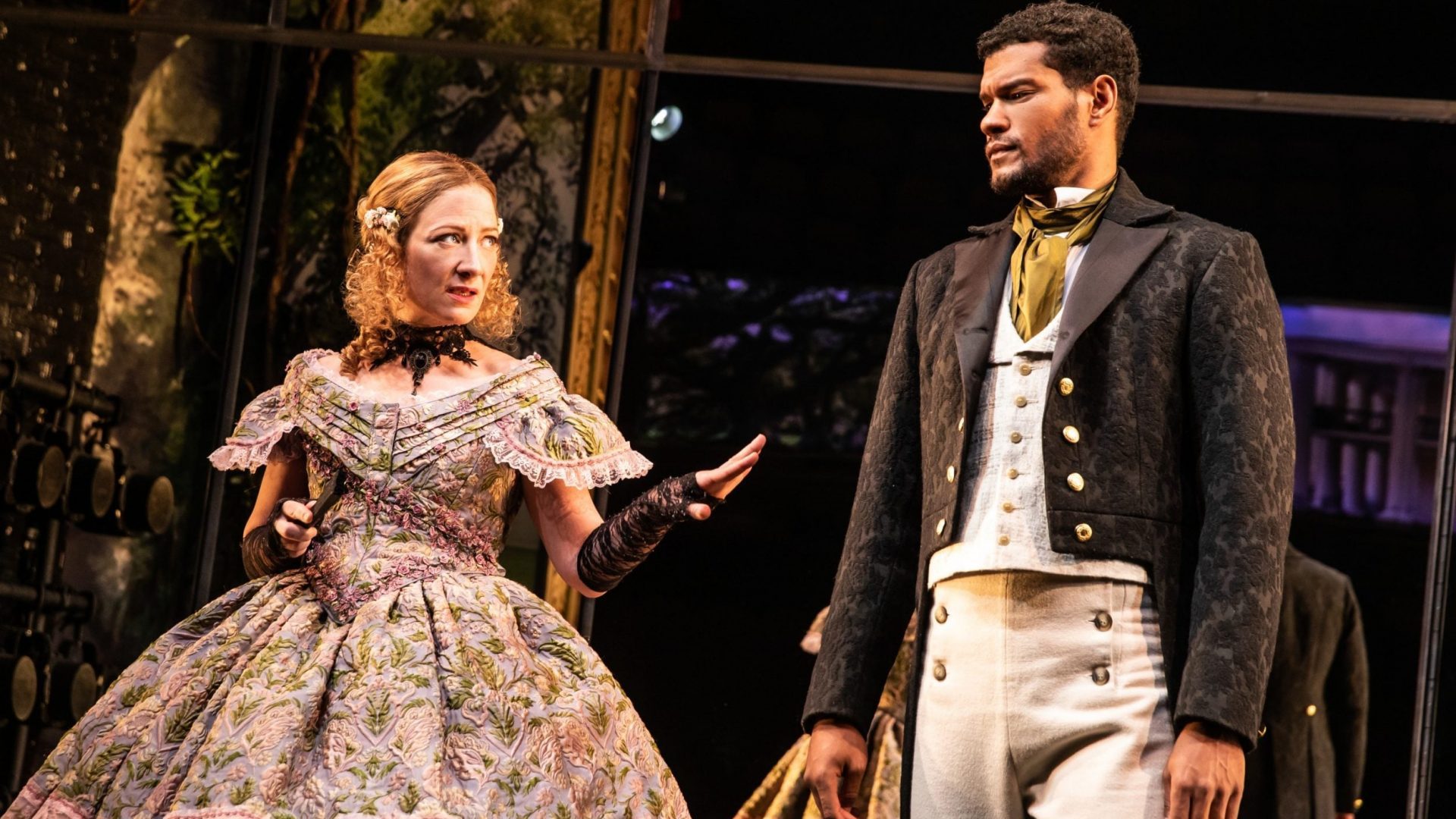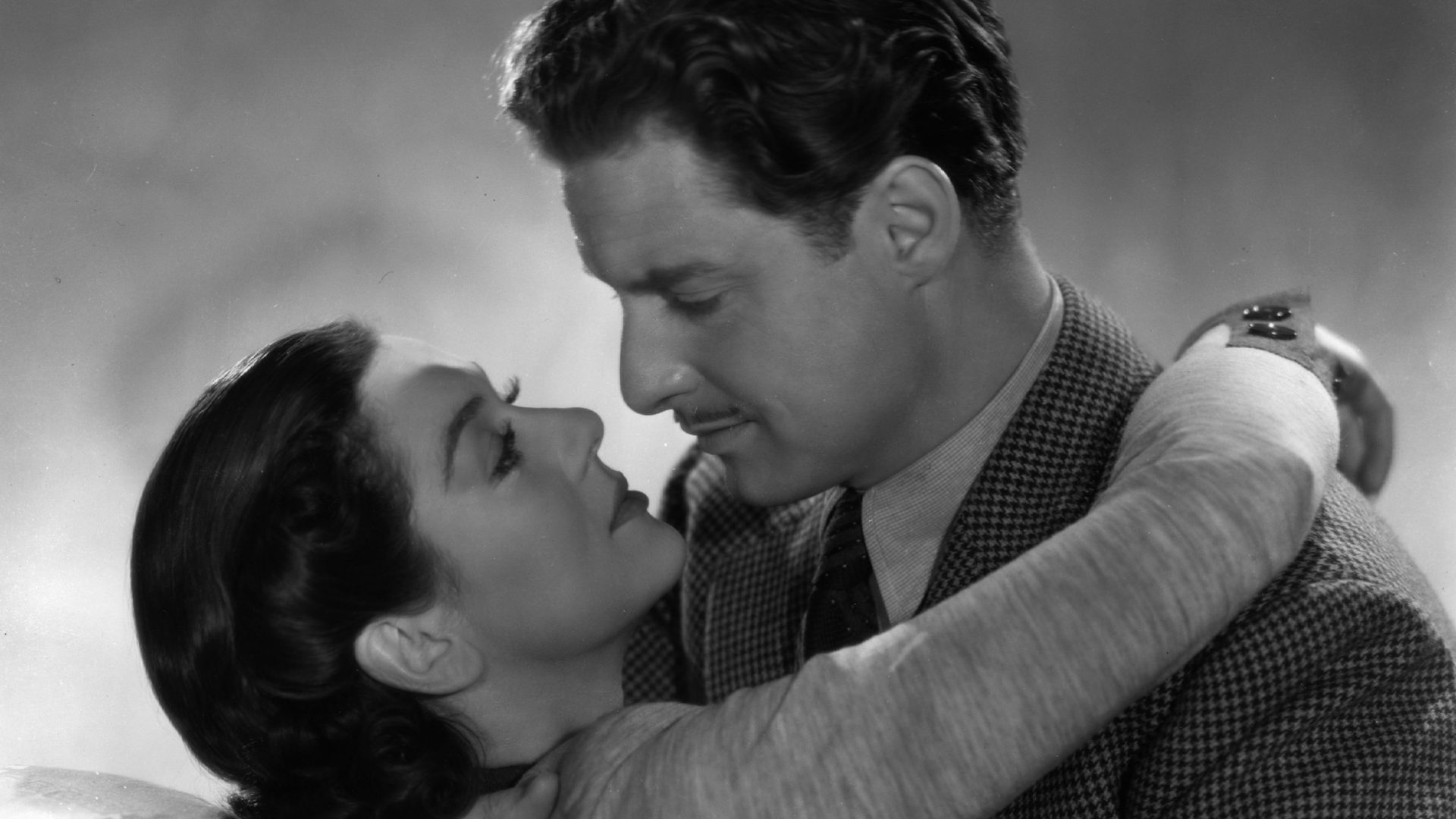PICK OF THE WEEK
SLAVE PLAY
Noël Coward Theatre, London, until September 21
The greatest art is often deeply transgressive, challenging and emotionally disturbing, and Jeremy O Harris’s play is certainly great art. Having notched up a record number of Tony nominations during its Broadway run, Robert O’Hara’s production has arrived in the West End – and is simply extraordinary.
Set on what appears to be an antebellum plantation, Slave Play explores the relationships between three interracial couples – who are, in fact, taking part in a form of sex therapy retreat. The word “play” in the title refers to erotic performance and experimentation, as well as drama.
The cast is uniformly excellent, particularly Olivia Washington as Kaneisha and Kit Harington (who wears his Game of Thrones celebrity lightly) as her partner, Jim. The traumatic scenarios – ancestral horrors of enslavement brought back to life – are interspersed with often hilarious therapy-speak imposed upon the participants by the researchers Teá (Chalia La Tour) and Patricia (Irene Sofia Lucio).
But Harris’s use of comedy is not analgesic: he is constantly demanding that his audience ask itself why it laughed and why it winced. The stage backdrop is a wall of mirrors – a clear demand that we leave the theatre interrogating our responses to this complex, gruelling spectacle.
It is a measure of the play’s character and audacity that an entire page of the programme is dedicated to “self-care” and trigger warnings. Even before opening night, a phoney culture war had been whipped up by Rishi Sunak, whose spokesman objected to the production’s two planned “Black Out” performances (as Harris made clear in an exasperated post on X in February: “I’m not even saying BLACKS ONLY I’m saying I’m inviting black ppl first! They can bring their white friends or lovers if they want. There’s no colour bar.”).
It is no surprise to learn that the writer wants his play to “stand up against” Tony Kushner’s epic Angels in America. It achieves this daunting objective with abrasive panache and is an absolute must-see.
BOOK
THE SINGULARITY IS NEARER: WHEN WE MERGE WITH AI by Ray Kurzweil
The Bodley Head
The writings of Ray Kurzweil are a guilty pleasure. Though by no means the best book of recent months on artificial intelligence – that honour is due to Dr Fe-Fei Li’s The Worlds I See or Madhumita Murgia’s Code Dependent – it is the most enjoyably optimistic and, as a consequence, provocative.
Nineteen years after he published The Singularity Is Near, the technologist and futurist – who enjoys the grand title of “Principal Researcher and AI Visionary” at Google – Kurzweil believes that the “singularity”, the “expansion of human intelligence by a factor of trillions through merger with its nonbiological form” is even closer than he thought in 2005.
“Freed from the enclosure of our skulls,” he writes, “and processing on a substrate millions of times faster than biological tissue, our minds will be free to grow exponentially, ultimately expanding our intelligence millions-fold.” As technology solves the problems of energy supply, manufacture, medicine and scarcity, “the struggle for physical survival will fade into history”. He also believes that the first person to live to be 1,000 has already been born.
Like many futurists, Kurzweil rather brushes aside questions of social adaptation (“we’ll need smart government policies to ease the transition and ensure that prosperity is broadly shared”, he concedes), selfhood and human creativity, which he confuses with content production. He is impatient with philosophers and artists who question his assumptions.
No matter. This is the kind of book that is sufficiently stimulating and accessible to kickstart the great public debates on AI that have not yet truly begun.
As a footnote: in a New York Times interview this week, Donald Trump’s former chief strategist, Steve Bannon, said that he and his MAGA comrades were “virulently anti-AI. I think big regulations have to come”. Just watch: after immigrants, the next enemy of the populist Right will be robots.
STREAMING
BEVERLY HILLS COP: AXEL F
Netflix
Proust really knew what he was talking about. For those of us old enough to remember the first Beverly Hills Cop (1984) – one of three classic movies Eddie Murphy starred in before he was 24, the other two being 48 Hrs (1982) and Trading Places (1983) – the sound of Glenn Frey’s The Heat Is On, the Pointer Sisters’ Neutron Dance and, of course, Harold Faltermeyer’s Axel F are cinematic madeleines, an instant portal back to the early 80s.
And for those lucky enough to be younger? Well, this fourth instalment in the franchise (don’t bother with the second and third) should still be very entertaining. Maverick cop Axel Foley (Murphy), wearing his trademark Detroit Lions jacket, is called back to Beverly Hills, yet again, when his estranged daughter Jane (Taylour Paige), a criminal defence attorney, takes a pro bono case that lands her in trouble with a vicious drug cartel.
Judge Reinhold is back as Billy Rosewood, now a private investigator, as is John Ashton, promoted to Chief John Taggart. New to the ensemble are Kevin Bacon as shinily crooked cop Captain Cade Grant and Joseph Gordon-Levitt, who plays Detective Bobby Abbott – Jane’s ex-boyfriend.
The movie works because it seeks only to be an enjoyable homage to 1980s action comedies, with plenty of crazy, shoot-’em-up chase scenes (snowplough, golf cart, helicopter), quickfire dialogue and mockery of white people (Axel to a fellow cop: “I don’t have to stay this way. I can be a better white man”).
This is a legacy sequel that never takes itself too seriously and is therefore a lot of fun.




